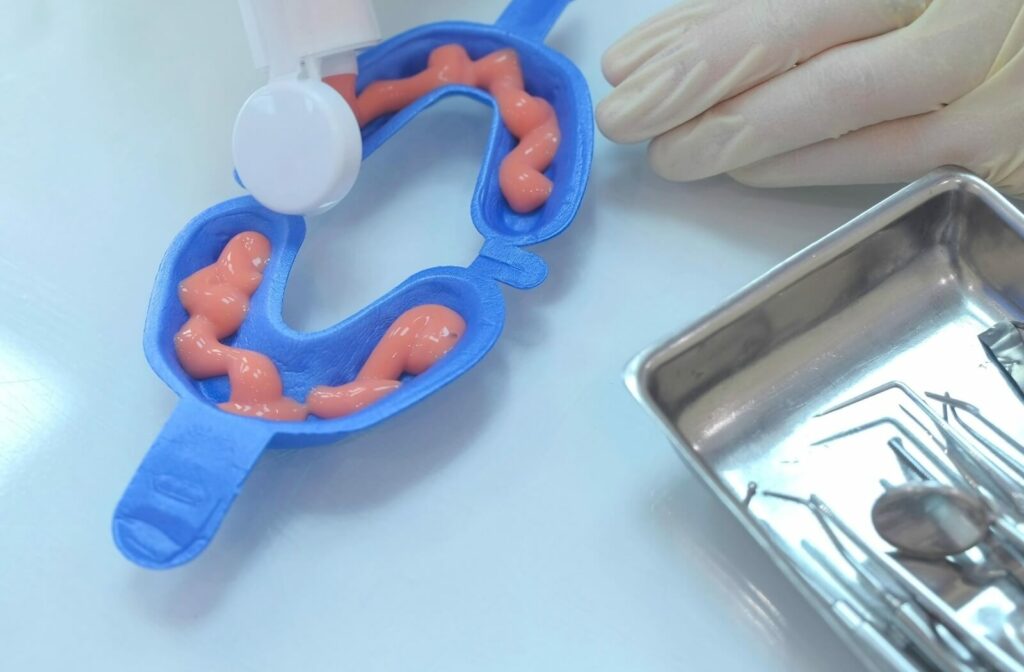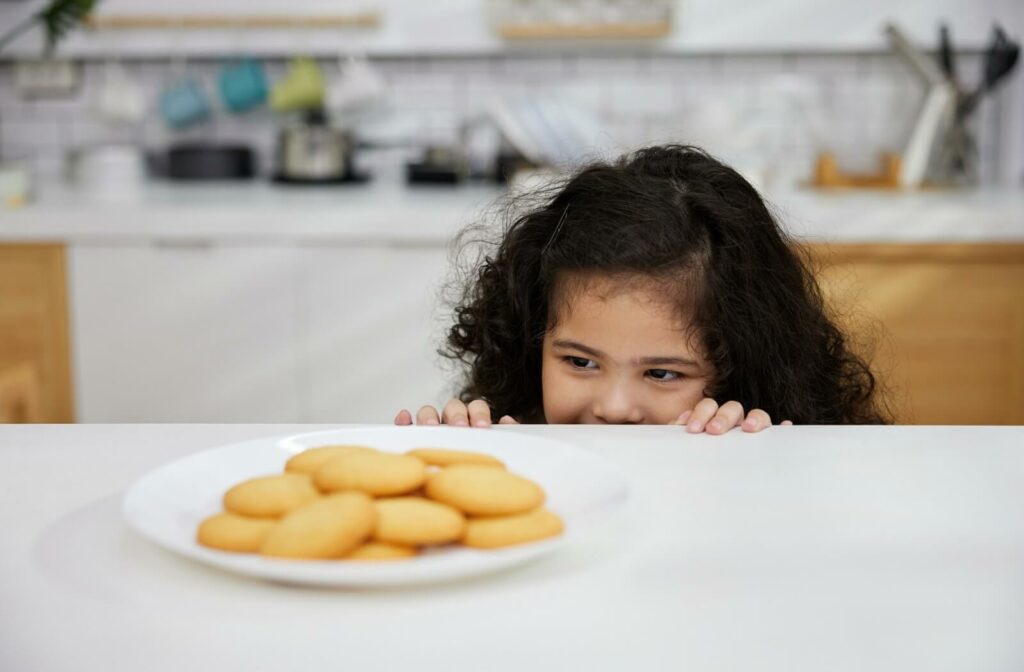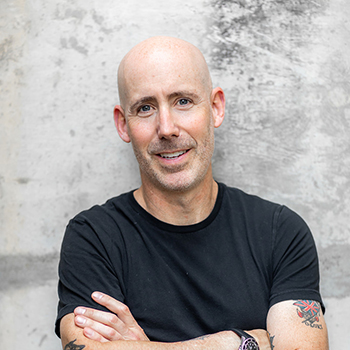A dental cleaning is a refreshing experience that can leave your teeth looking better and your mouth feeling cleaner. But when can you enjoy your next meal after your appointment? The answer depends on the specifics of your visit, including any additional treatments you might have received.
If you’ve been wondering how long to wait before eating after a dental cleaning, we’ve got you covered. Let’s get into what to expect after your cleaning, foods to eat or avoid, and tips for enhancing the results of your visit.
When Can You Eat After a Dental Cleaning?
For a standard dental cleaning, most people can eat right away. However, if you received a fluoride treatment or other supplementary procedures, you might need to wait for at least 30 minutes to an hour before eating. This allows any treatments applied to your teeth, such as fluoride, to better set and protect your enamel.
Always listen to your dentist’s advice after your visit. They’ll offer recommendations tailored to any additional procedures you’ve had done, or specific considerations for your oral health.
Understanding the Importance of Regular Teeth Cleaning
Professional dental cleanings are a necessary part of maintaining your oral health. They go beyond aesthetics by removing plaque, tartar, and bacteria that can lead to tooth decay, gum disease, or other serious issues. Regular cleanings can also serve as preventive care, catching potential problems before they become costly or painful.
Additionally, dental cleanings can help reduce inflammation and strengthen your teeth’s enamel, helping your smile stay healthier over time.
What to Expect During a Dental Cleaning
Knowing what happens during a dental cleaning can ease any uncertainties. Your appointment will typically include the following steps:
- Examining Your Teeth and Gums: Your dentist will check for tartar buildup, cavities, and other oral health concerns.
- Removing Plaque and Tartar: Specialized tools are used to remove any hard-to-reach plaque and tartar, especially from tricky spots along the gumline.
- Polishing Your Teeth: After cleaning, your teeth are polished to remove stains and leave you with a bright, smooth finish.
- Rinsing and Final Checks: Your mouth will be thoroughly rinsed, and your dentist will make sure everything is clean and healthy before wrapping up.
- Optional Treatments: Your dentist may recommend fluoride treatments or sealants to fortify your teeth further.
The procedure is straightforward, and your comfort is a priority throughout. If you have questions or feel nervous, Belman Dental Centre is here, so don’t hesitate to reach out to us to address your concerns.

What Foods Are Good After a Dental Cleaning?
After your cleaning, your teeth may feel extra smooth and sensitive, so it’s better to choose foods that are gentle on your enamel. Here are some excellent post-cleaning options:
- Yogurt
- Smoothies
- Mashed potatoes
- Scrambled eggs
- Oatmeal
- Soup (make sure it’s lukewarm, not hot)
- Applesauce
- Soft cheeses
- Bananas
- Rice
Meals served at room temperature or cooler are ideal to avoid triggering sensitivity. Additionally, drink plenty of water to stay hydrated and rinse your mouth after eating so your teeth can stay cleaner for longer.
Foods to Avoid After a Dental Cleaning
While some foods are okay to eat afterward, others can irritate your teeth or diminish the results of your cleaning. For the first 24 hours after your appointment, try to avoid these foods:
- Acidic Fruits (e.g., lemons, oranges)
- Coffee and Tea (can stain teeth)
- Carbonated Drinks
- Hard Candies and Sticky Snacks (such as caramel)
- Chips and Crackers (can get stuck in gaps)
- Ice Cream (can aggravate sensitivity)
- Chewy Meats (like steak)
- Red Wine
These foods have the potential to stain your freshly cleaned enamel or cause discomfort if your teeth feel particularly sensitive post-cleaning.
Tips for Maintaining the Benefits of Teeth Cleaning
Professional cleanings help lay the foundation for a healthy smile, but daily habits can make all the difference. Here’s how to further maintain your results:
- Brush Twice a Day: Use a soft-bristled toothbrush and fluoride toothpaste to help protect and strengthen your enamel.
- Floss Daily: Remove plaque and debris from between teeth so your mouth can stay cleaner in those hard-to-reach spots.
- Stay Hydrated: Drinking water helps wash away bacteria and supports saliva production, your mouth’s natural defense against harmful acids.
- Avoid Tobacco: Smoking or chewing tobacco increases the risk of stains, gum disease, and other oral health issues.
Consistency with these habits will keep your teeth bright and strong between dental visits.
Scheduling Regular Cleanings
Dental cleanings are typically recommended every six months. This schedule aligns with the timeline for plaque buildup and allows your dentist to monitor for early signs of potential issues, such as cavities or gum disease.
If you have specific dental concerns, such as a history of gum disease, your dentist may suggest more frequent cleanings. Ask your dentist what schedule works for your needs.
Protecting Your Smile for a Lifetime
Maintaining oral health doesn’t have to be complicated. That feeling of a clean mouth after a professional dental cleaning is just the starting point. With the right food choices and daily habits, you can extend the benefits of each visit and keep your teeth healthy and dazzling long-term.
If you’re due for a cleaning or concerned about your oral health, our experienced team is here to help. Book your next dental cleaning appointment today and take the first step toward keeping your smile bright, fresh, and healthy!



